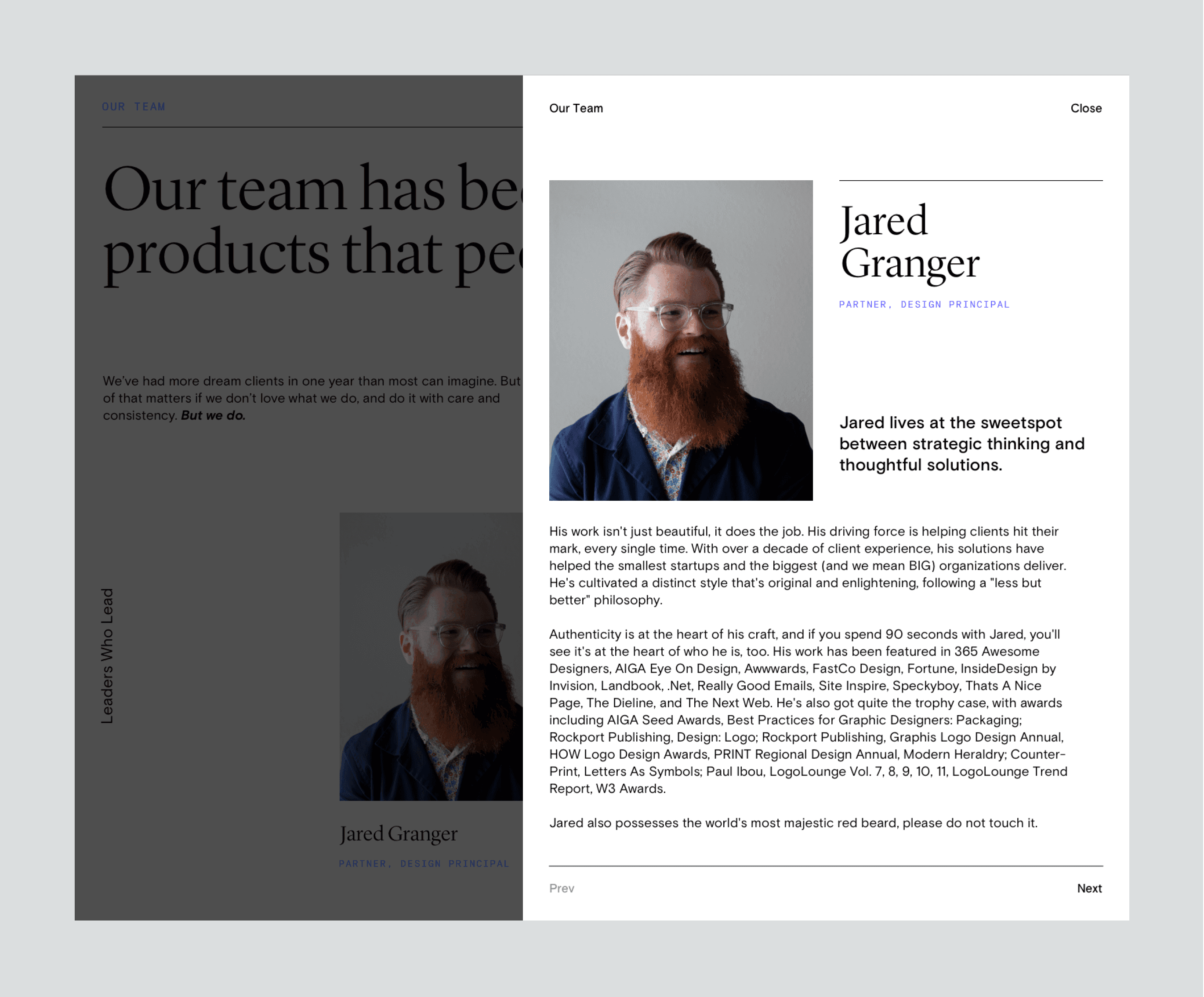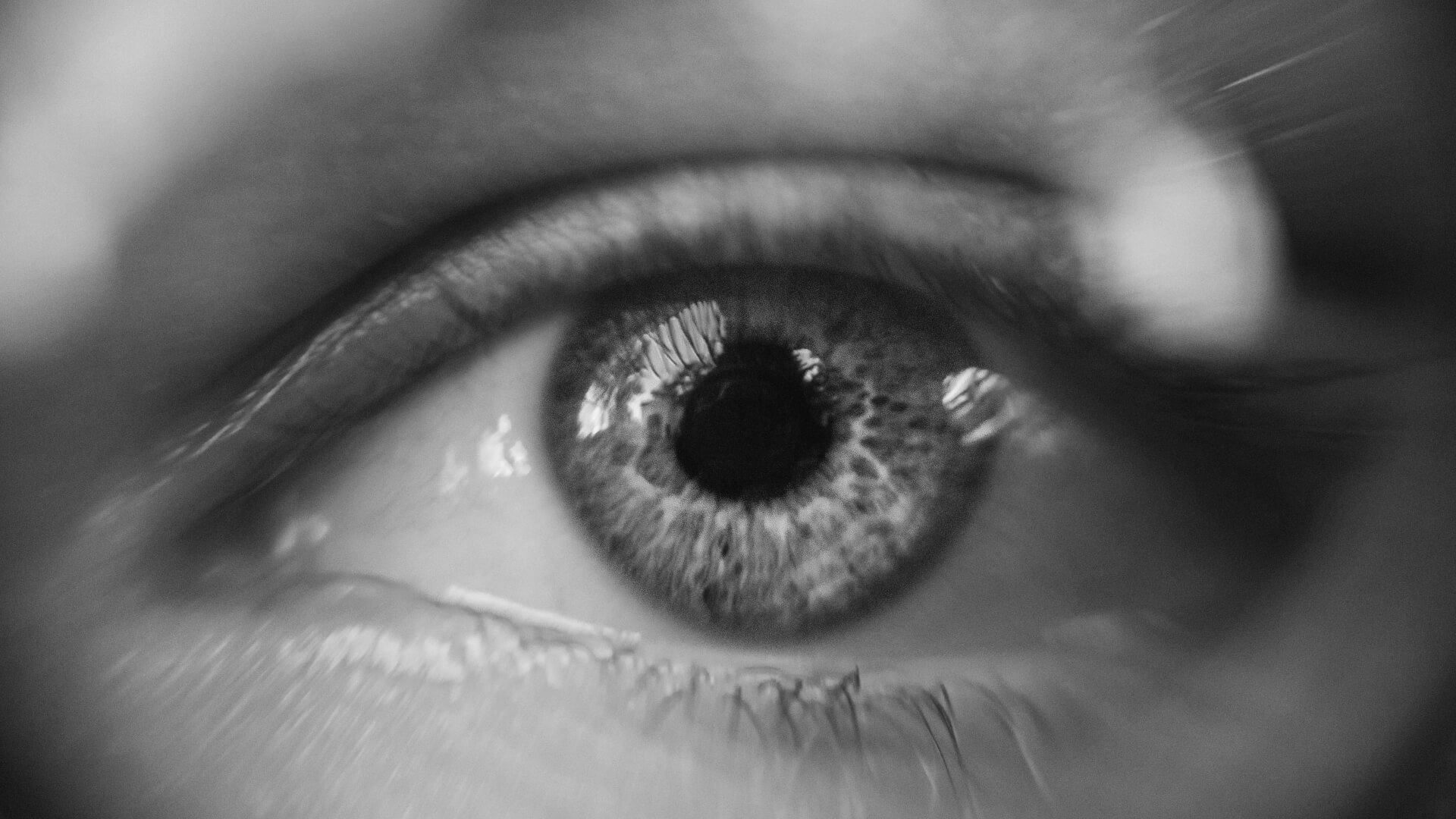Web design continues to evolve, blending creativity, technology, and user-centric strategies to create unforgettable online experiences. As we head into 2024, new trends are emerging that prioritize usability, accessibility, and innovation while pushing the boundaries of visual storytelling. Whether you’re designing a new site or refreshing an existing one, staying ahead of these trends can set your brand apart.
Here’s a look at the top web design trends that are shaping 2024.
Dark Mode Dominance
Dark mode continues to grow in popularity, offering a sleek, modern look while reducing eye strain for users browsing at night. Many websites now feature auto-adaptive themes that adjust based on the user’s system settings or preferences.
Why it matters: Dark mode not only enhances aesthetics but also improves readability and energy efficiency on OLED screens.
Immersive 3D Elements
Advances in web technology are making 3D graphics and animations more accessible, allowing websites to create immersive experiences. From product showcases to interactive storytelling, 3D elements captivate users and make websites memorable.
Why it matters: 3D visuals add depth and realism, engaging users in ways traditional design can’t.
Voice and Gesture Navigation
As voice assistants and smart devices become more integrated into daily life, voice and gesture-controlled navigation is entering web design. This trend focuses on accessibility and convenience, allowing users to interact with websites hands-free.
Why it matters: By embracing alternative navigation methods, websites become more inclusive and user-friendly.
Custom Illustrations and Organic Shapes
Custom illustrations and hand-drawn elements are making a big comeback in 2024. Designers are moving away from rigid grids and embracing organic shapes and fluid layouts that feel more natural and human.
Why it matters: Unique, non-generic visuals help brands stand out while creating a welcoming and relatable aesthetic.
Sustainable Web Design
As environmental concerns grow, so does the focus on sustainable web design. Lightweight websites that minimize energy consumption and carbon footprints are gaining traction. This involves optimizing images, reducing unnecessary scripts, and creating energy-efficient designs.
Why it matters: Sustainable design aligns with growing consumer demand for eco-friendly practices, boosting brand reputation.
Augmented Reality (AR) Integration
Augmented reality is no longer just for apps—it’s making its way onto websites. From virtual try-ons for retail to immersive tours for real estate, AR adds a layer of interactivity that enhances user engagement.
Why it matters: AR bridges the gap between the digital and physical worlds, creating memorable experiences that drive conversions.
Focus on Accessibility
In 2024, accessibility will take center stage. Designers are implementing features like keyboard-friendly navigation, screen reader compatibility, and high-contrast modes to ensure websites are inclusive for all users.
Why it matters: Accessibility not only broadens your audience but also demonstrates your brand’s commitment to inclusivity and equality.
Data-Driven Design Decisions
Data analytics are becoming increasingly influential in web design. Heatmaps, user session recordings, and A/B testing help designers understand what works and what doesn’t, enabling websites to evolve based on real user behavior.
Why it matters: Data-driven design ensures your website is constantly improving, delivering better results over time.
Final Thoughts
Web design in 2024 is all about balance—merging cutting-edge technology with user-focused strategies to create sites that are not just visually stunning but also highly functional and inclusive. By embracing these trends, you can create a website that not only captures attention but also drives meaningful engagement and long-term success.
So, as you plan your next web project, ask yourself: Are you ready to evolve with the trends and deliver an experience your users will love? If not, now is the perfect time to start.




